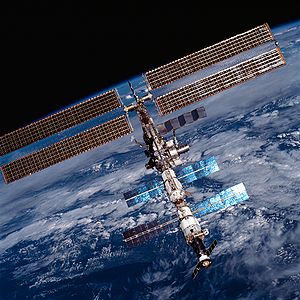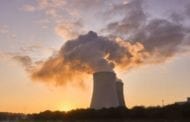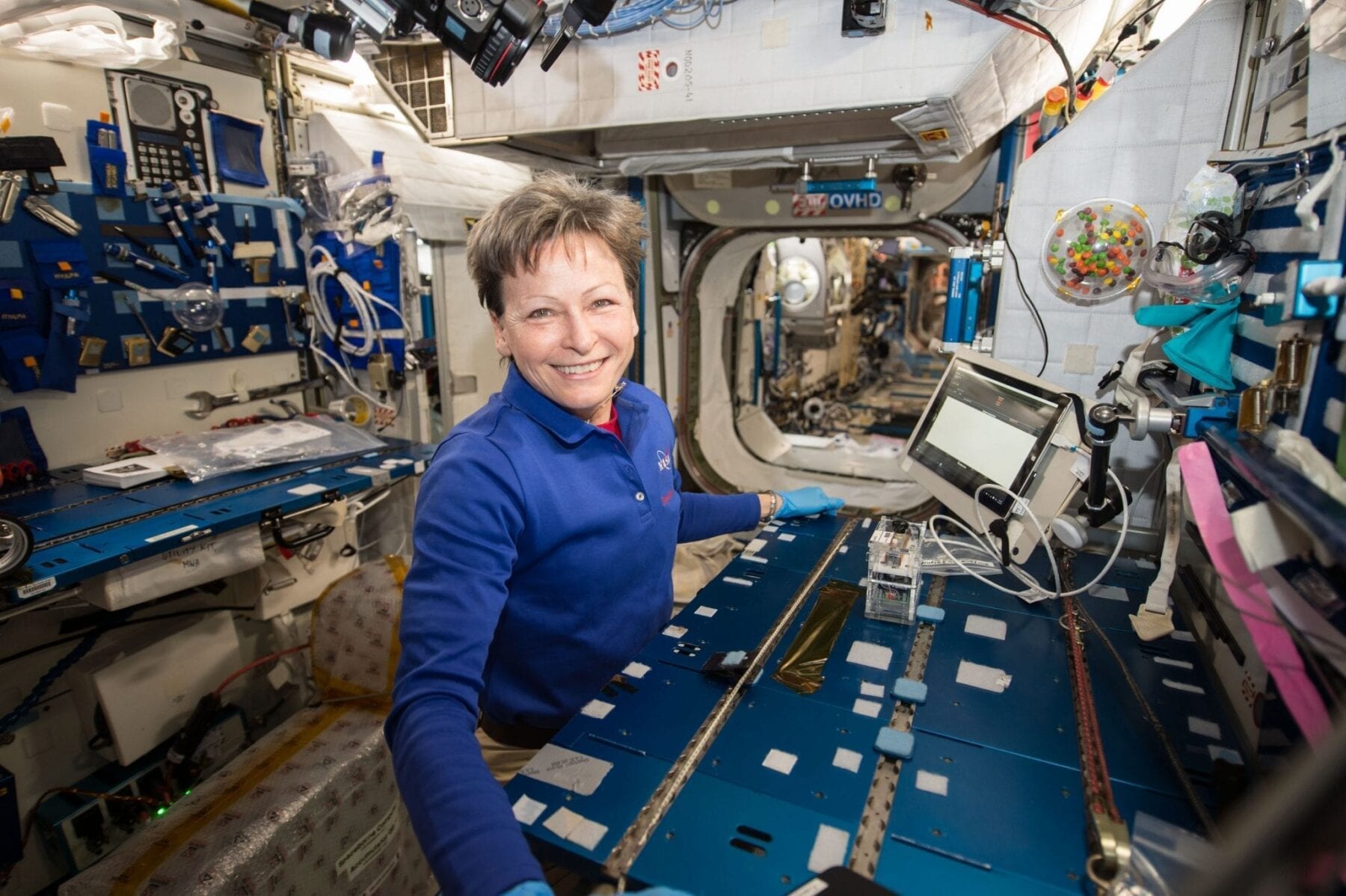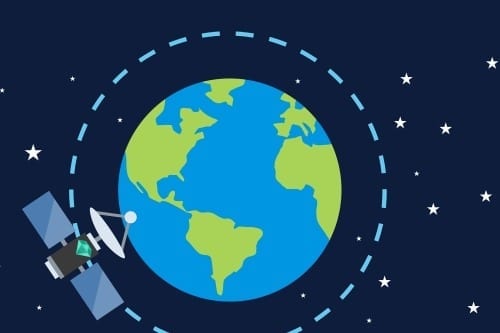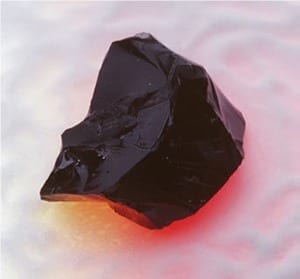
- Image via Wikipedia
What if work performed in space could improve the treatment of household and nuclear waste on Earth?
That’s what investigators are hoping to do with the results of a fluid physics study in progress on the International Space Station.
The experiment, called DECLIC-HTI, is studying supercritical water that could lead to spin-offs in the field of clean technologies for treating waste here on Earth.
A supercritical fluid is any substance at a temperature and pressure above its critical point — the point at which the fluid is one homogeneous phase and exhibits properties of both liquids and gases. In this form, the substance can flow through solids like a gas and dissolve materials like a liquid. Water and carbon dioxide are the most commonly used supercritical fluids. Using extremely high temperatures, supercritical water can completely break down waste into benign forms.
DECLIC, or DEvice for the study of Critical LIquids and Crystallization, is a miniaturized, automatic thermo-optical laboratory that studies transparent fluids by finely tuning the temperature of a sample and sending images and video to the ground. The HTI, or high temperature insert, can measure fluid temperatures up to 400 degrees Celsius.
For the experiment, astronauts plug an insert, containing the water sample cell, into the DECLIC payload. The sample is precisely heated and observed in real time by investigators on the ground.

